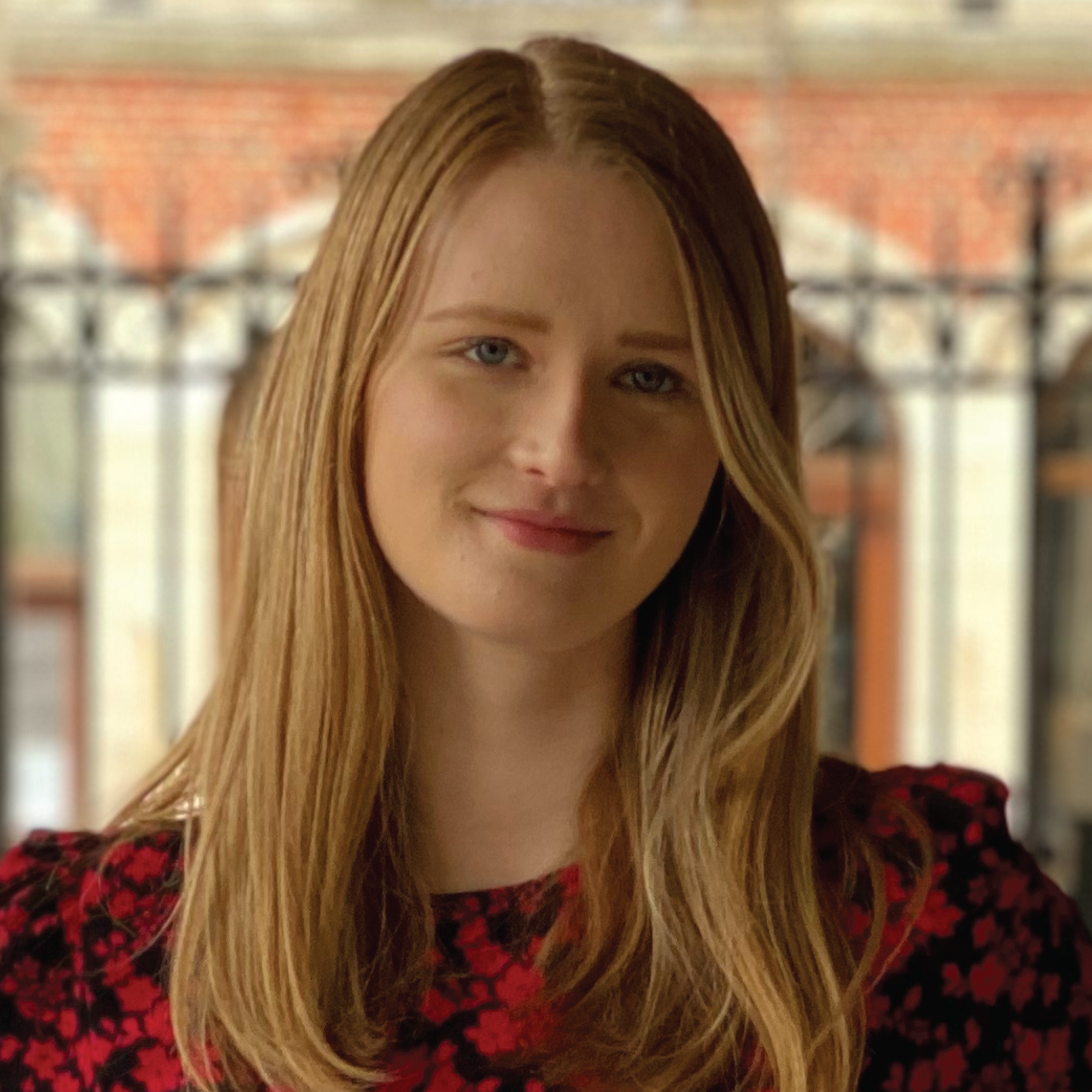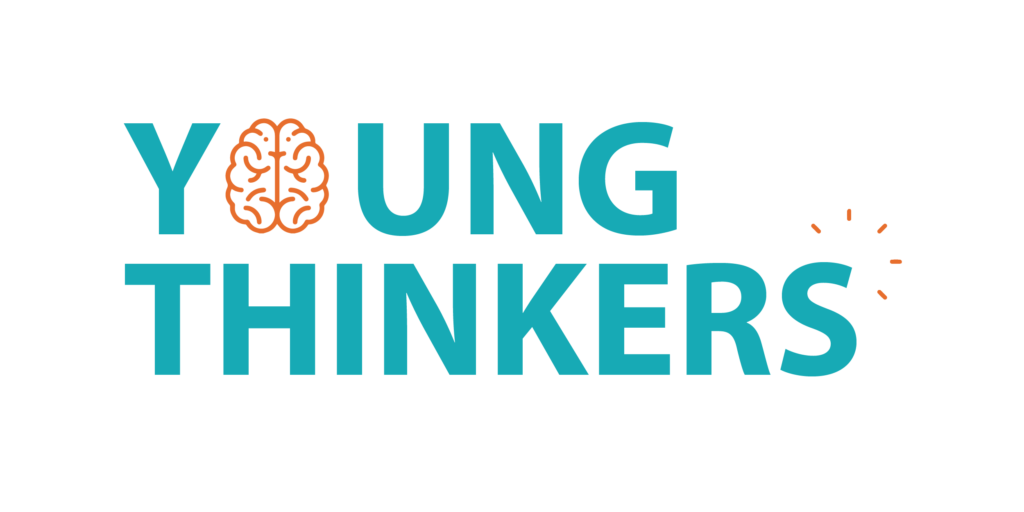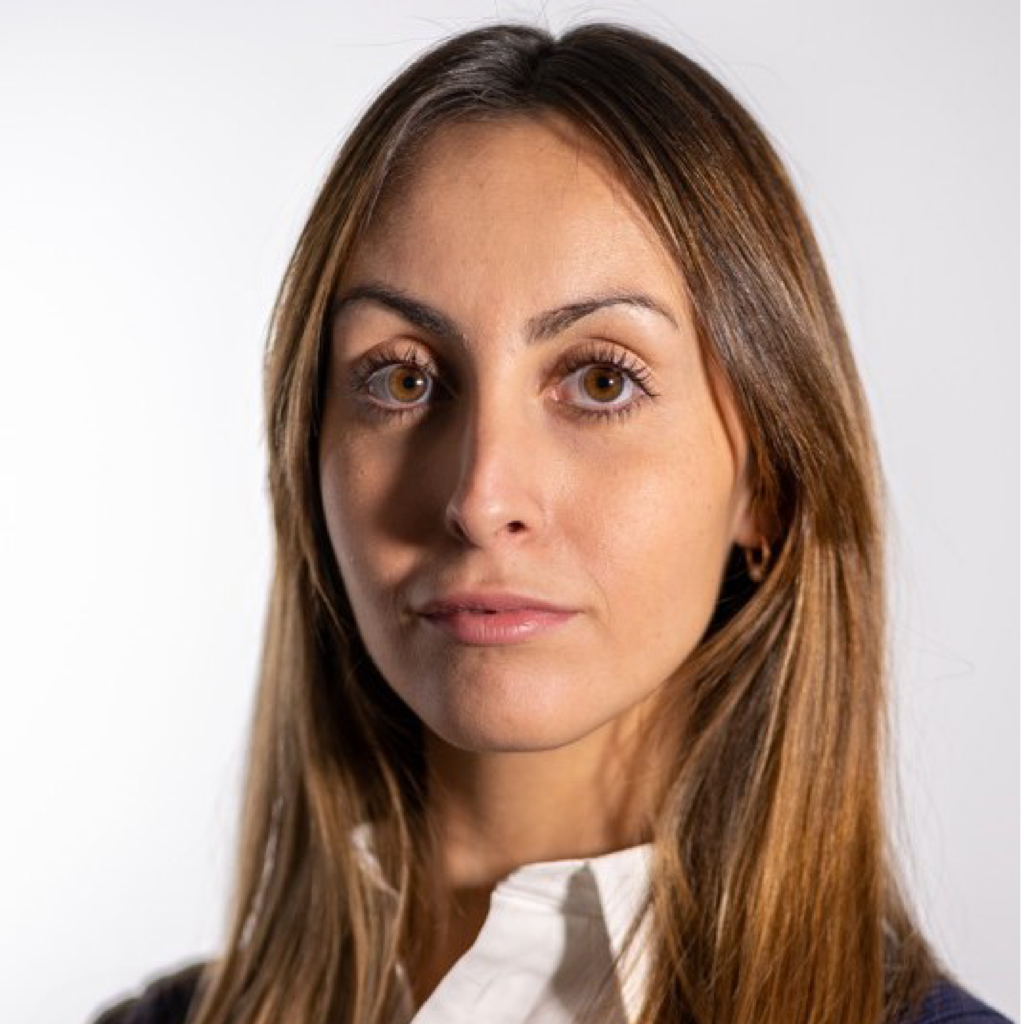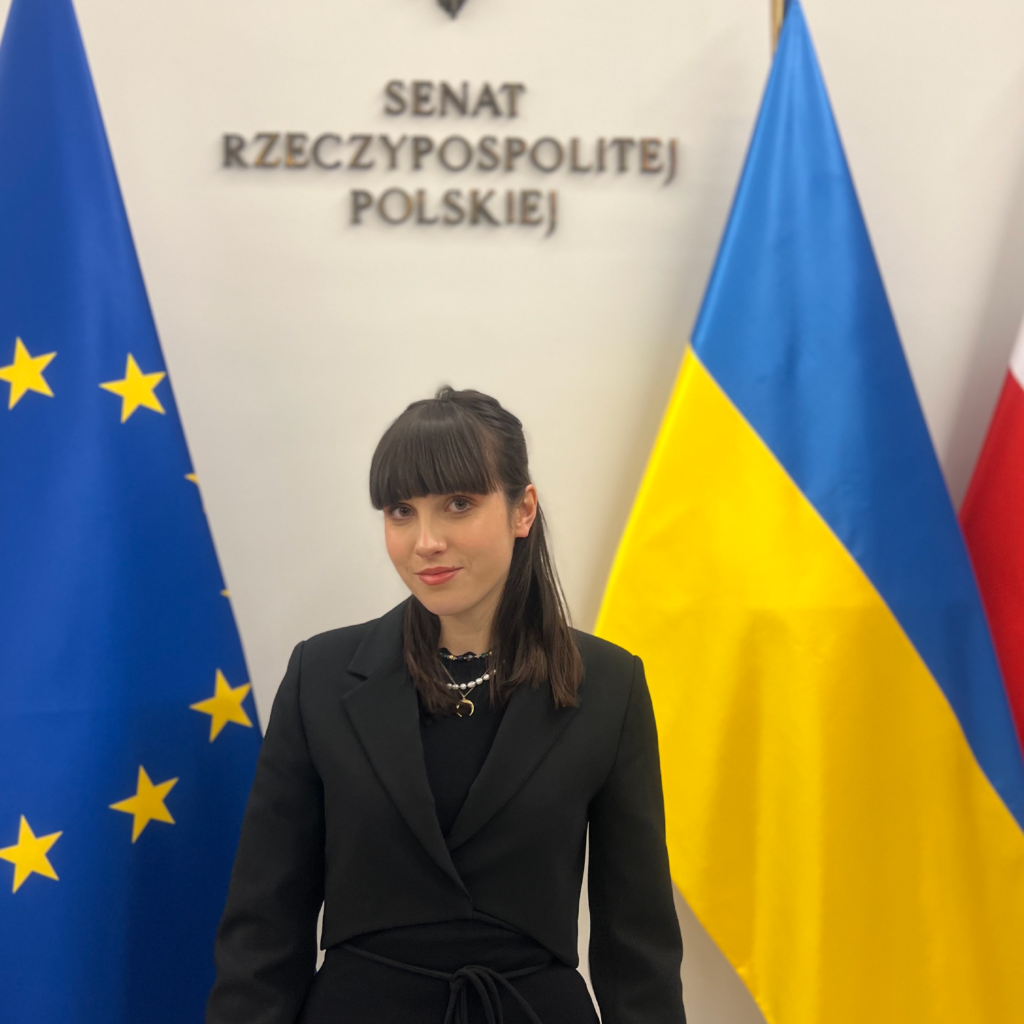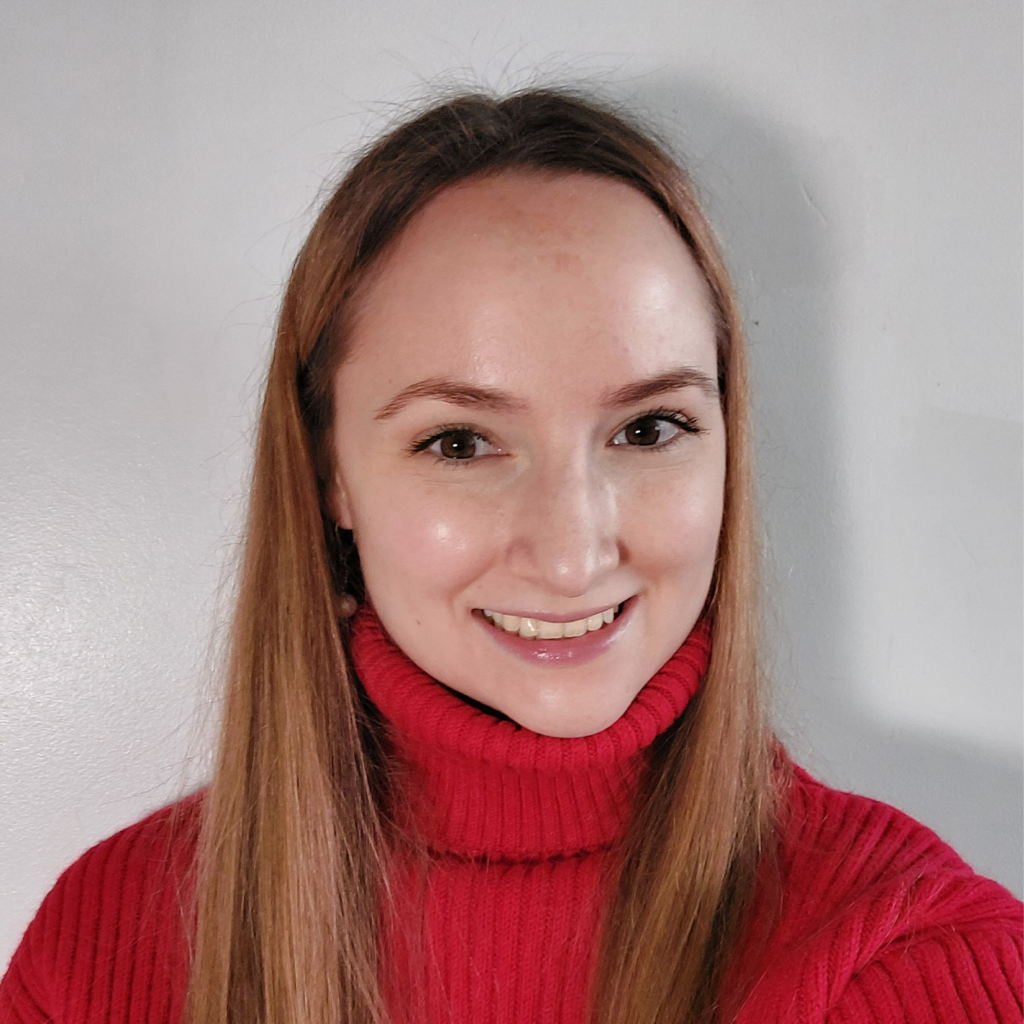Beyond the TTC: Strengthening EU-US ties on digital policy
Kate Lancaster-Ryan
June 2022
While the EU has been more consistent in establishing policy and regulation, from the General Data Protection Regulation (GDPR) to new proposals like the Digital Services Act, legislative efforts in the US have faltered at the federal level. Yet the need for action on the issues posed by technology and to find a balance between public protection and fostering innovation remains on both sides of the Atlantic.
With this recognised need in mind, the Biden Administration and the von der Leyen Commission created the EU-US Trade and Technology Council (TTC) to ‘coordinate approaches to key global trade, economic, and technology issues’. But even as the EU has been more successful at setting digital policy that challenges the power of Big Tech, the US is still the centre of technological innovation and large, influential digital platforms. Any legislative gains in US digital policy will likely have an enormous impact on the digital landscape globally.
If the EU wants to be the global standard-setter for digital policy, it must use different forms of cooperation to ensure US policy incorporates these standards. Although the second meeting of the TTC has been fruitful in some areas, it does not have to be the sole forum for transatlantic cooperation in digital policy, nor should it be.
Change in the air
We should not underestimate the desire of US-based legislators for change in how technology companies operate. There have been numerous proposals at the federal level that challenge the current US digital policy status quo. For example, Senator Amy Klobuchar (D-MN) and Senator Chuck Grassley (R-IA) proposed the American Innovation and Choice Online Act, which – like the Digital Markets Act – aims to prevent dominant platforms from prioritising their own services. While change at the federal level has been slow and has repeatedly come up against the behemoth of Silicon Valley lobbying, the shifting mood among American politicians is obvious.
The EU should take advantage of existing venues like the EU-US Inter-Parliamentary meetings and establish links with US politicians who may be more favourable to introducing policy that is compatible with EU legislation. US politicians who wish to curb the influence of Big Tech can benefit by learning from the experience of EU legislators who have already successfully passed legislation in this area. Proposals like that for an American innovation and choice online act already appear to be somewhat influenced by EU legislation, but closer ties could foster more EU-inspired policy. Policy diffusion can be a useful way of spreading standards and has been successful in the past. California’s Consumer Privacy Act was heavily inspired by the GDPR and introduced a similar level of data privacy to Californian residents. California’s experience also shows the importance of state-level actors in the US policy landscape.
Cases taken against Big Tech by state attorney generals to uphold the rights of their citizens is another clear example of this growing political desire for more robust regulation. On top of that, these cases are bipartisan, with both Democratic and Republican attorney generals initiating actions against large technology firms. While they come from different perspectives, this is one of the few remaining areas in US policy where cross-party cooperation takes place.
The EU can also take advantage of these developments by using regional forums to encourage cooperation and adoption of similar policies. The International Urban and Regional Cooperation already matches cities in North America and Europe to collaborate on sustainability projects; why not establish something similar for digital policy?
To ensure ease of trade and alleviate the difficulties that European businesses face when exporting to the US, closer cooperation is essential. There may be an advantage in the smaller scale of the EU technology industry. The EU can expect less political backlash and less pressure when implementing strong technology regulations and policies. In fact, US officials who want to see more effective controls on the Big Tech firms may also have incentive to cooperate with the EU to circumvent the crawling speed of federal progress.
Is the Brussels effect enough?
The EU could just continue on its own path, hoping that regulating its own market will be enough and the Brussels effect will influence the US anyway. Yet, the Brussels effect is not a guaranteed phenomenon. Presuming that the success of GDPR in spreading beyond its borders will be replicated by other EU digital policies is a risky bet. The US is home to the wealthiest, most influential technology companies. If the EU wants to create a future where technology delivers innovation while protecting the fundamental rights of EU citizens, influence over US policy is incredibly valuable.
The TTC has proven to be an interesting forum. The creation of a strategic standardisation information mechanism by the working group on technology standards has the potential to set global standards by aligning the standards of these two major economic powers. Still, it cannot be the main avenue for dialogue, as the structure of the TTC mainly promotes cooperation with the US via the Executive Office of the President. While the presidential office has many powers, it is still limited in its ability to craft and shape digital policy. The TTC could be expanded to include more political dialogue beyond the executive level, but this could water down the purpose of the TTC by overextending its workload. Overexpansion of the TTC could detract from the delivery of concrete proposals from current working groups.
Considering these limitations, EU institutions should broaden their ties by connecting with ambitious members in Congress and with different actors at the state level. Instead of burdening one singular council, the EU could look to existing forms of transatlantic cooperation to better collaborate on digital policy. This will improve the likelihood that EU standards will become the global norm.
The author
